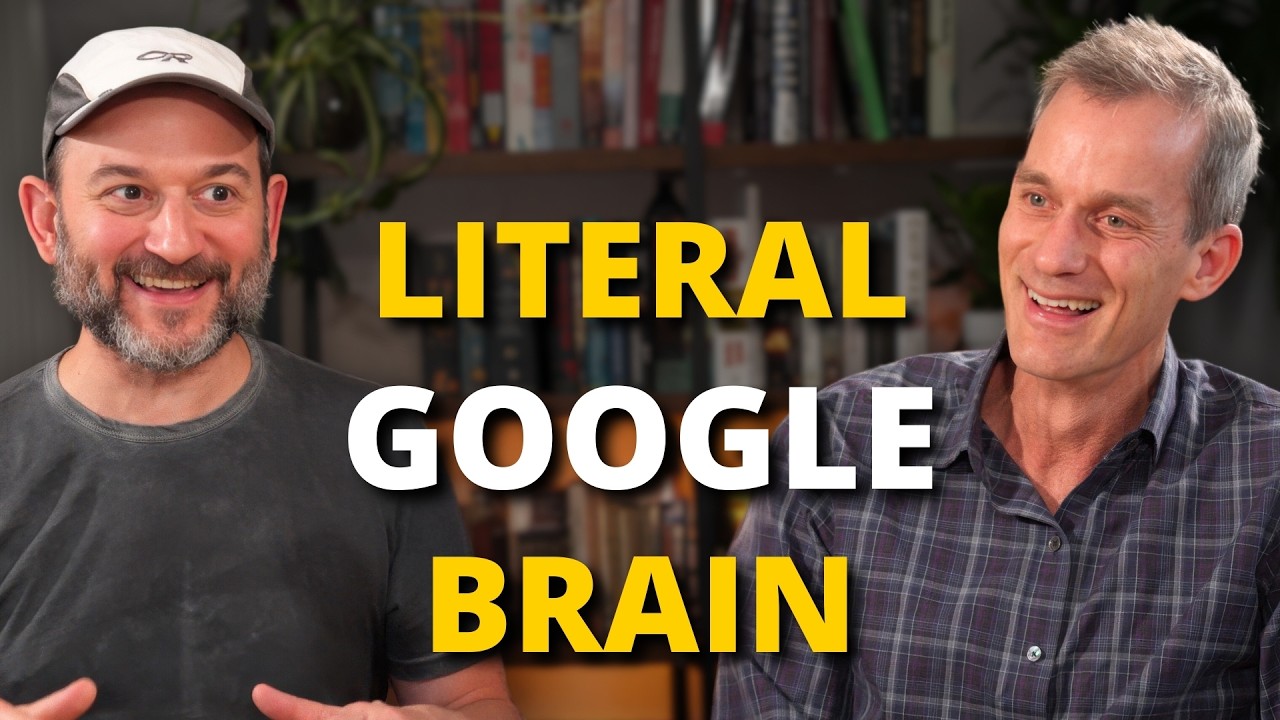In a discussion marking their 25 years at Google, Jeff Dean and Noam Shazeer reflected on the evolution of technology from early search algorithms to advanced AI systems, highlighting their contributions to transformative projects like TensorFlow and the Gemini initiative at Google DeepMind. They emphasized the importance of collaboration, ongoing innovation, and responsible development in AI, while expressing optimism about its potential to impact various industries positively.
In a recent discussion, Jeff Dean and Noam Shazeer, two prominent figures at Google, reflected on their 25 years at the company and the evolution of technology from early search algorithms to advanced artificial intelligence (AI) systems. Jeff Dean, Google’s Chief Scientist, has been instrumental in developing transformative technologies such as MapReduce, BigTable, and TensorFlow, while Noam Shazeer is credited with key innovations in modern AI architectures, including the Transformer model. Together, they are co-leads of the Gemini project at Google DeepMind, which aims to push the boundaries of AI capabilities.
The conversation touched on the rapid growth of Google as a company and how both Dean and Shazeer adapted to its expansion. They reminisced about the early days when they knew everyone in the company and how that changed as Google grew. They discussed their recruitment experiences, with Dean mentoring Shazeer early in his career, highlighting the collaborative culture that has been a hallmark of their work environment. As the company evolved, they noted the importance of maintaining a network of contacts to stay informed about ongoing projects and innovations.
Dean and Shazeer also explored the impact of Moore’s Law on system design and project feasibility. They noted that while hardware improvements were once rapid, the focus has shifted towards specialized computational devices like TPUs (Tensor Processing Units) that enhance machine learning performance. They discussed how the algorithms have adapted to the changing landscape of hardware, emphasizing the importance of efficient data movement and low-precision arithmetic in deep learning. This shift has allowed for significant advancements in AI capabilities, particularly in natural language processing and generative models.
The duo reflected on their past work, including Dean’s early research on backpropagation and Shazeer’s contributions to language modeling. They discussed the evolution of language models and their applications, noting that while early models focused on statistical approaches, recent advancements have led to more sophisticated systems capable of generating coherent text and understanding context. They expressed excitement about the potential of AI to assist in various domains, from healthcare to education, and the importance of ensuring these technologies are developed responsibly.
Finally, Dean and Shazeer emphasized the need for ongoing innovation and collaboration in AI research. They discussed the potential for modular AI systems that can adapt and improve over time, allowing for a more organic growth of expertise within models. They highlighted the importance of balancing top-down and bottom-up approaches in research and development to foster creativity and flexibility. As they look to the future, they remain optimistic about the transformative potential of AI and the role it will play in shaping various industries and improving everyday life.
